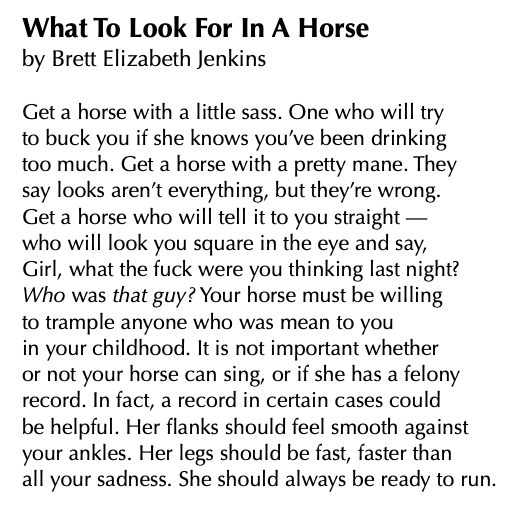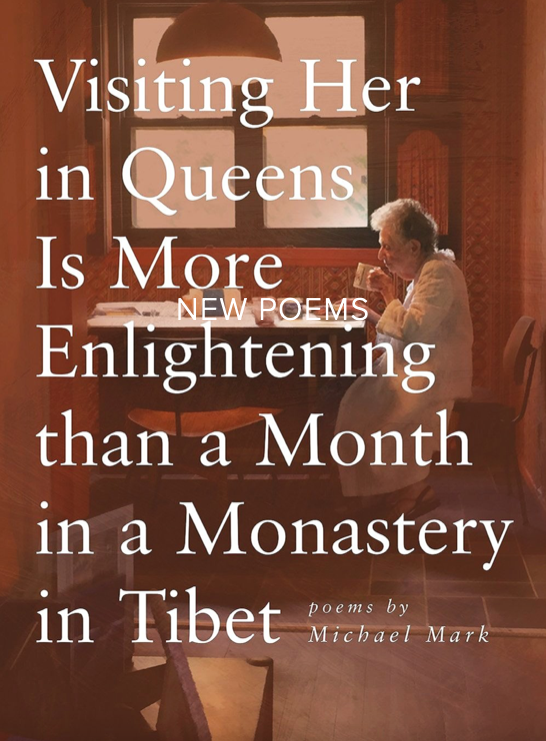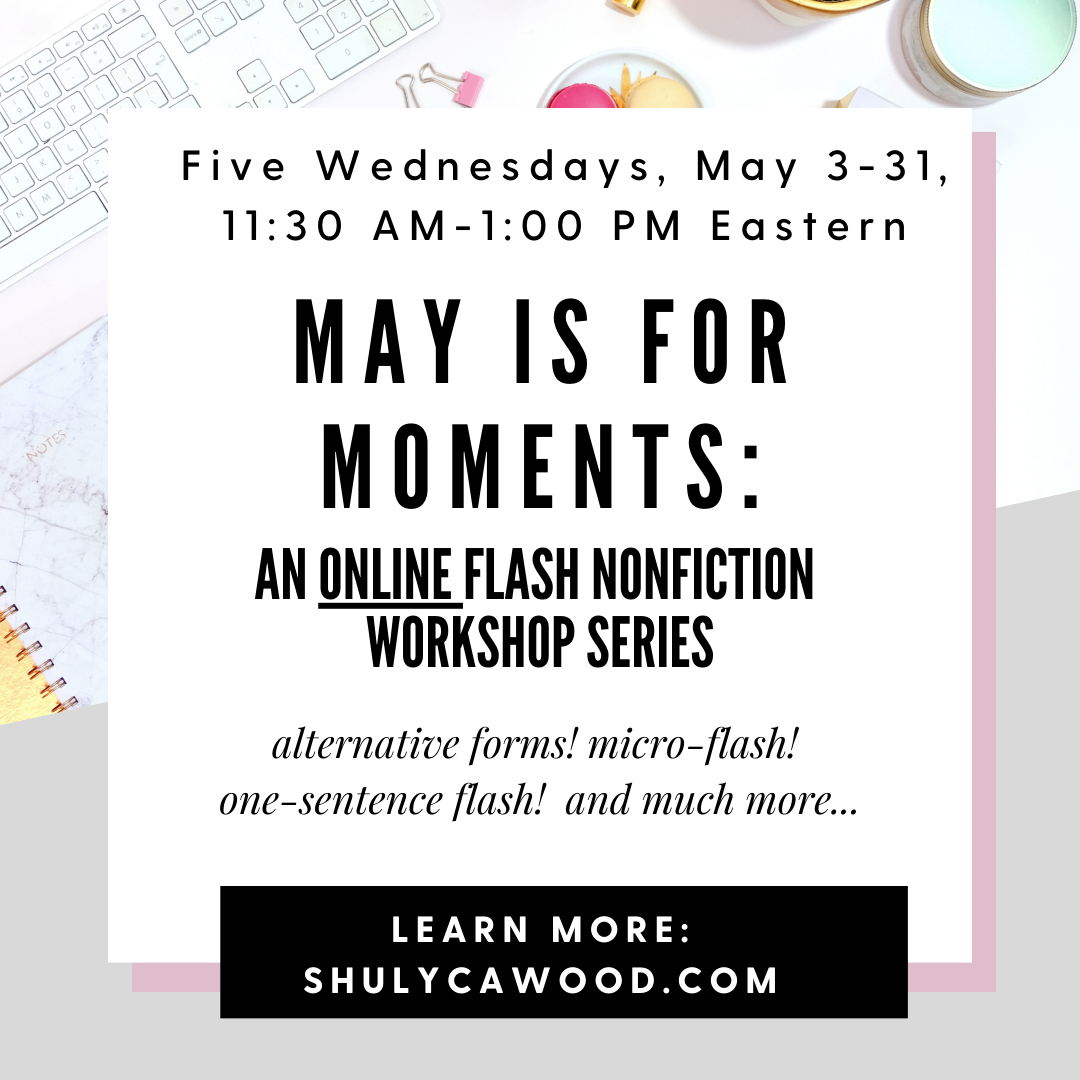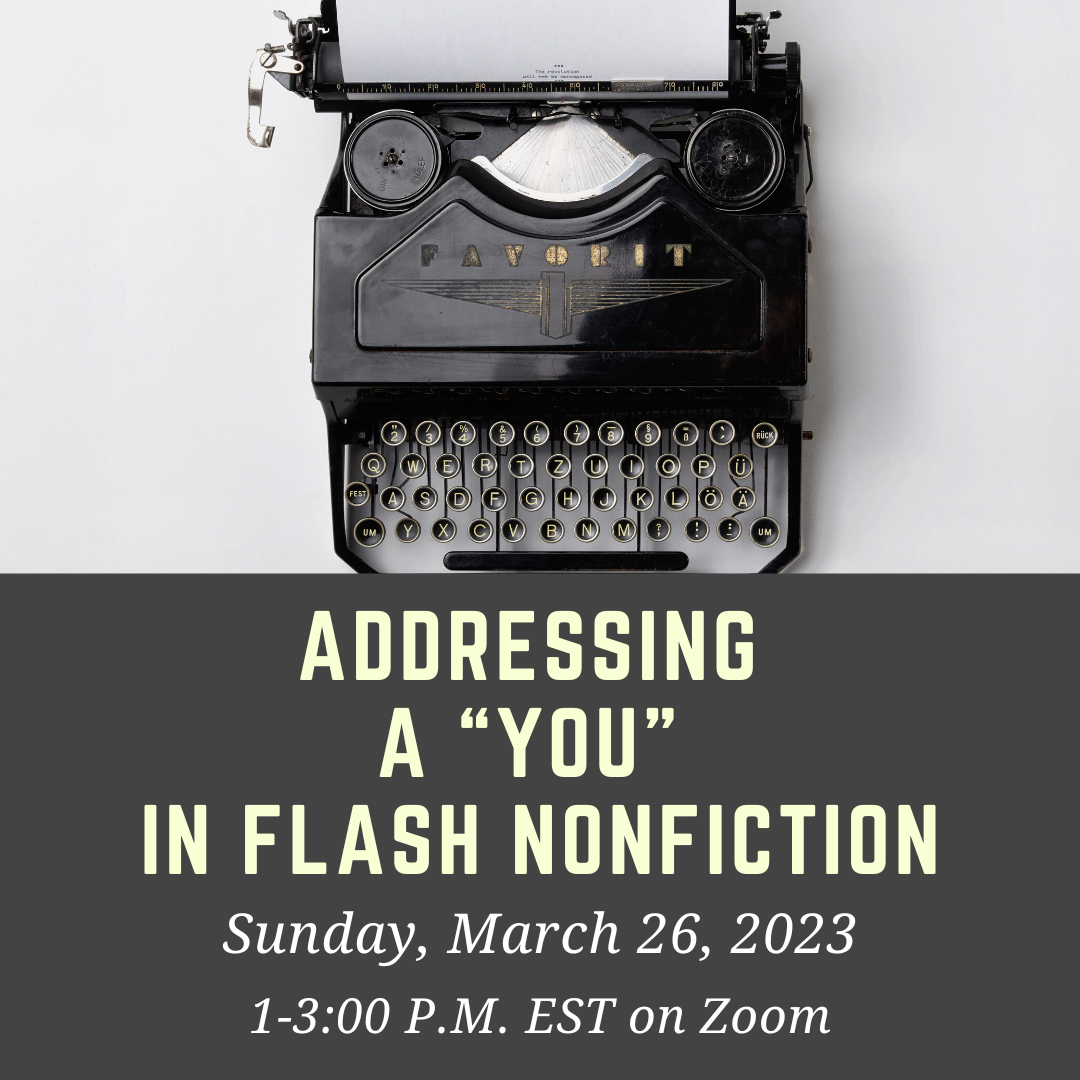A couple of weeks before our vacation, someone told me, “You sweat the small stuff.” I could have been miffed, but instead I thought: she’s not wrong.
*
Also before our vacation, I made a somewhat complicated schedule of when I should water my plants—as in, not all of them all at once, but some right before we left, some of them days before, some of them a week before.
I call it complicated only because it would be easy for someone to say that the simplest thing would be to water the plants all at once. But simple isn’t always better. And anyway if someone said that, that would probably mean that the person didn’t understand me: how I work, and how I came to possess, shall we say, just a few plants (read: LOTS, I mean, not MILLIONS, but who’s counting anyway?).
*
After our dog died in September, and after the health of someone I love took a turn for the worse, I started buying (more) plants: several orchids, a gorgeous variegated ficus (see photo ❤️), and more succulents: two of them being echeveria lemon lime.
I wanted life in the house.
*
A couple of weeks before we left on vacation, I realized that nearly all of my succulents had some sort of blight. They’d all been in one room so that when two got it (it was those echeveria lemon limes! and they’d been so pretty!), the blight spread to the others.
I tried my best to save them: I cut off the diseased leaves, I repotted them with better soil, I quarantined the worst offenders.
*
One of the succulents is my favorite plant: a kalanchoe. I had rescued this kalanchoe from the sad clearance rack at Lowe’s, and the kalanchoe had thrived under my care—extending its beautiful blue-green leaves, growing three times its size.
*
Sweating the small stuff is about getting so caught up in little (unimportant) things that you miss the big picture. Or you miss the moment right in front of you.
And sometimes the moment right in front of you is, in fact, the big picture.
*
It always takes me forever to pack for a trip because I am so careful in trying to select exactly what I will need, no more, no less. This includes toiletries: just enough shampoo for the days we are there, just enough lotion, the right amount of sunscreen.
I never (ever) get this equation right, but it doesn’t keep me from trying.
*
On the first day of our vacation, my husband said he wanted to buy mouthwash. I kicked myself for not having packed it. What had I been thinking?
While at the store, I stood in front of the shelves of mouthwash for a long time, wondering what size we needed. I didn’t want to over-buy or under-buy. I didn’t want to leave mouthwash behind if we didn’t finish it, but I didn’t want to run out and then have to buy another whole bottle, which might mean wasting more. I tried to decide between two sizes of one brand, I then looked at the off-brands, and then I looked at all the options and tried to estimate how much we would use and how many ounces were offered in each and what was the price difference.
Eventually my husband wandered over, and I asked him to weigh in.
That one, he said, pointing to a bottle. He hadn’t had to think about it at all.
I think this is what’s called: not sweating the small stuff.
*
On vacation, I read a book (Oona Out of Order) in which a woman, at age 19, begins to live every full year of her life, but out of order. She starts at 19, jumps to 51 (lives that whole year), goes back to 27 (again, lives that whole year), and then goes into her 40th and then her 39th year, etc. Her lessons becomes about acceptance and non-attachment, about knowing ahead of time that some people (friends, lovers) will be going out of her life, either by death or choice, and that instead of avoiding getting to know them in the first place (since she knows it won’t end well) and avoiding experiences, she should live for the moment that is right in front of her, find joy in the now.
*
I’m scared to lose the people I love most in the world. But I know that I will have to.
Maybe not all, but some. Maybe not some, but even one is too many.
*
A couple of days into our trip, I got grumpy because we weren’t doing things, and by doing I mean touristy things, seeing sites, planning excursions. But is that really what I wanted to do? We were sitting outside at a little cafe and eating ice cream. I was with a person I love (my husband). The sun was out, the day was before us.
I was missing the big picture. I was not enjoying the moment because I was focused on what it should be rather than what it was.
From then on, I relished whatever we did, and nearly all of it was uneventful to anyone else, but exactly what I needed.
*
Time is such a gift.
*
On vacation, my husband read a book that says suffering comes from three things, and one of those is not accepting change.
*
On vacation, I started a book on how to find joy in sorrow, how to find peace and solace.
I’m still reading that book.
*
If you thought this blog was about mouthwash or plants or even vacation, you were wrong.
*
When we returned from our trip, I immediately checked on all my succulents, scattered throughout the various rooms in our house (due to my quarantining efforts). I even watered some (according to schedule). The plants were doing well—except for my favorite. Blight had spread to the kalanchoe’s biggest, best leaves. I wasn’t upset; I was downhearted because I knew I needed to let it go.
Such a small thing, a plant.
But I didn’t let it go entirely: I cut off everything but the top and pushed it into some soil. I’m still hoping it can be saved.
Is that who I am? For now, I suppose it is. I’m trying to let go, but it is slow.









